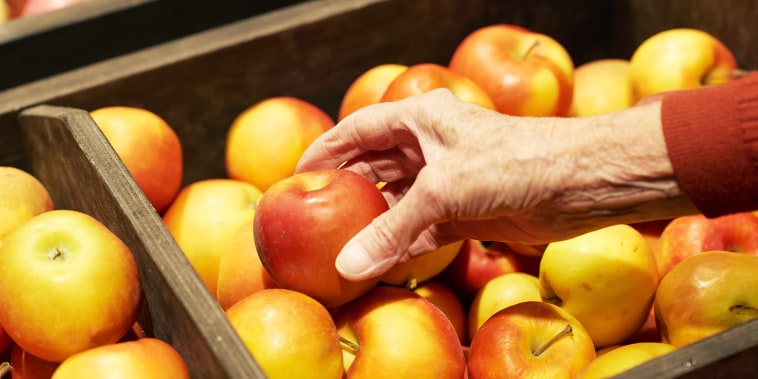As inflation cools, Social Security could pay out a smaller COLA increase


Price growth is cooling across the economy. While that is good news for consumers, the timing of this progress on inflation could end up short-changing seniors and other Social Security recipients when they learn their annual cost-of-living increase later this year.
According to the latest estimate from The Senior Citizens League, which regularly forecasts Social Security’s cost-of-living adjustment, or COLA, Social Security recipients can expect their monthly checks to increase by 2.63% — essentially unchanged from the 2.57% it forecast last month.
The Social Security Administration calculates the annual COLA change by taking the average measure of the Consumer Price Index for urban wage earners and clerical workers, or CPI-W — a slightly different version of the regular CPI — for July, August and September of the given year. It typically announces the official COLA change in October.
But using that methodology means Social Security recipients’ checks can start falling behind the overall pace of inflation, according to The Senior Citizens League: Price surges can occur — and abate — at any time of the year, and the COLA may not account for those changes, said the organization’s Social Security and Medicare statistician, Alex Moore, managing partner at Blacksmith Professional Services.
That is what has been happening in the pandemic and post-pandemic economy: From January 2020 to December 2023, the CPI-W increased exactly 20% — while the COLA increases have totaled only 19%.
A matching increase over that period would have netted Social Security recipients an extra $10 in their monthly payments by 2024, according to NBC News calculations.
For fixed-income recipients, every bit counts: In the league’s most recent membership survey, 34% of retirees said they had visited a food pantry or applied for food stamps over the last 12 months.
“About 50% of senior households depend on Social Security as the difference between [staying out of] poverty,” Moore said.











